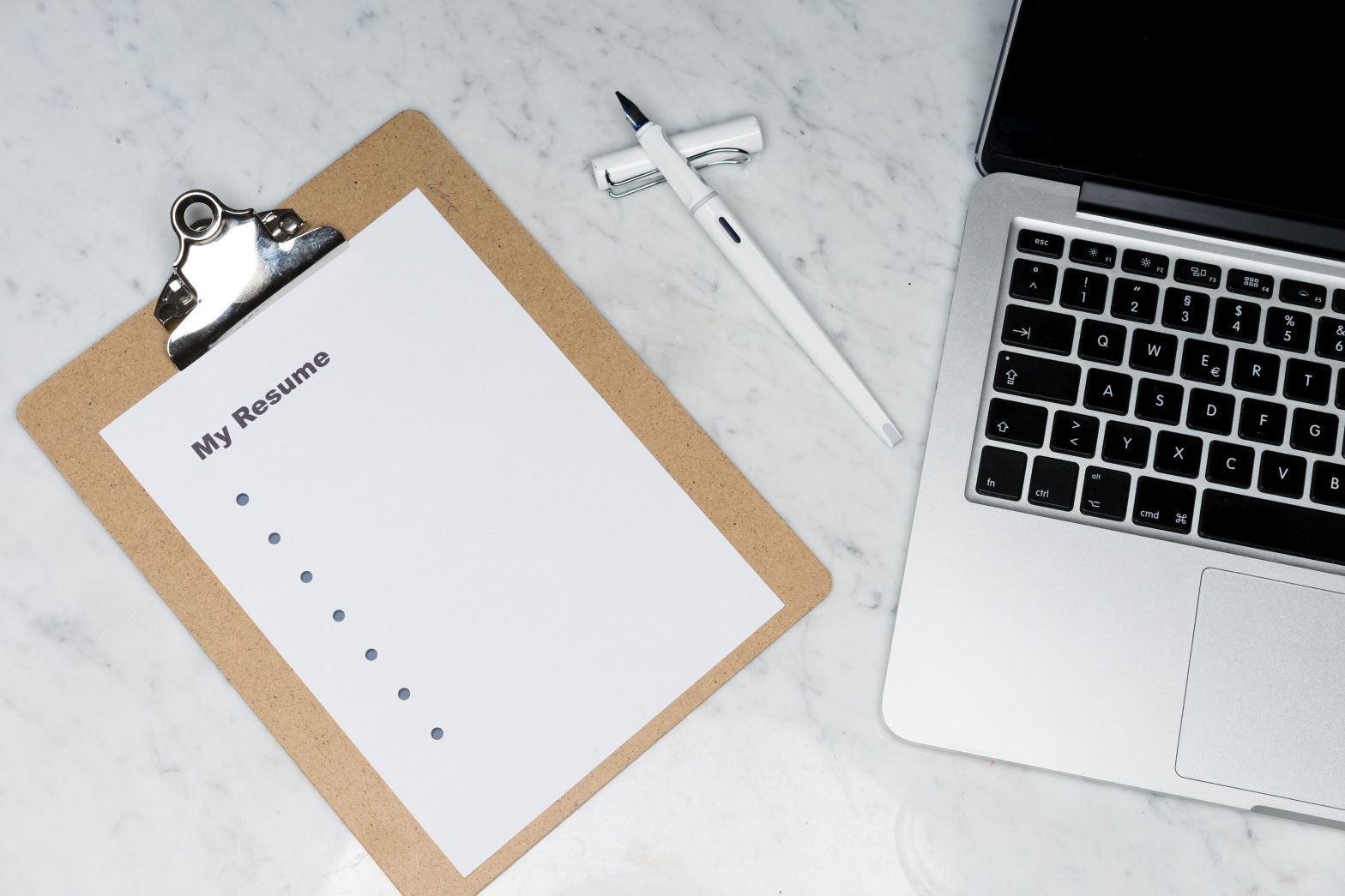Trying to recruit outside talent to fill a job position can be difficult. There may be a lot of people out there looking for jobs, but that doesn’t mean they are qualified to fill the positions they apply for. Those who are qualified for the job in question may not even see the relevant posting. Continue reading “4 Things to Avoid Including in Your Job Posting”
4 Tips To Improve Your Overall Hiring Process
A great employer is always looking to improve their business, whether it be through their internal or external operations. One facet of business that can generate the biggest problems without the slightest hint of cause is the hiring process.Most business’ hiring processes often aren’t as immune to such complications as employers may think. Continue reading “4 Tips To Improve Your Overall Hiring Process”
6 Tips to Improve Your Job Search
As the economy changes and the job market gets harder, those seeking a job need more than ever to be able to adapt to the new environment. Without this crucial self evolution, competition may get the best of you, meaning that someone who doesn’t necessarily have better qualifications but does have a refined outlook, one that fits the year, may get the job instead. But you don’t need to grit your teeth anymore and just watch the other person be hired as there are simple steps to break down this task so it is easily surmountable. Continue reading “6 Tips to Improve Your Job Search”
4 Ways Hiring Has Evolved in the Last 10 Years
In 2007, Facebook was still a nascent social media website for college-age kids that had only recently allowed high schoolers to join. The iPhone would be released in June, baseball’s Mitchell Report would incriminate boatloads of steroid-abusing superstars, and Shia LaBeouf’s Transformers exploded onto the scene. Continue reading “4 Ways Hiring Has Evolved in the Last 10 Years”
4 Tips in Crafting the Perfect Job Description
Trying to recruit outside talent to fill a job position can be difficult. There may be a lot of people out there looking for jobs, but that doesn’t mean they are qualified to fill the positions they apply for. Those who are qualified for the job in question may not even see the relevant posting. Continue reading “4 Tips in Crafting the Perfect Job Description”
3 Qualities You Should Be Looking For In Your New Employer
As the job seeker, you’ve probably been so focused on what your new employers look for in their employees, that you might not have taken the time to consider what qualities you should be looking for in them. Continue reading “3 Qualities You Should Be Looking For In Your New Employer”
7 Questions You Should Ask After The Interview
Admit it. At some point during one of your job interviews, the employer likely caught you off guard when they asked if you had any questions after the interview. You probably began scrambling to come up with a good response, or simply shrugged it off with a “No, I do not.” Continue reading “7 Questions You Should Ask After The Interview”
How to Write A Winning Cover Letter
Some employers ask for it while others don’t even mention it, but the cover letter can help you land the interview and the hopefully the job. Many fear the cover letter finding it intimidating. Bulleting your experience on a resume is easy. Continue reading “How to Write A Winning Cover Letter”
3 Resume Tips To Get Recruiters To Call You Back
Do you know how long on average an employer looks at a resume? 6 seconds.
It can be frustrating especially as you’ve spent hours combing over and revising every line to make it just right. Continue reading “3 Resume Tips To Get Recruiters To Call You Back”
How To Dress For Success In Your Next Interview
Finding a job can be highly stressful, especially in today’s job market. Getting your resume and cover letter in front of the right people and securing an interview can be difficult.
Once you do that, you need to start preparing and researching so that you can come off as confident and knowledgeable in the little time you get with the interviewer.
How you look is crucial. Your choice of interview attire is the first impression you’ll give without you even opening your mouth.
There are several levels of dress in the professional world. They can range from business formal to business casual to just plain casual. Everything sounds the same, and it can be hard to decode.
The type of company influences what you should wear to the interview. Some businesses, such as legal offices or giant corporations, require a formal suit or blouse and skirt combo. Other companies operate with a more casual dress code.
Researching your company’s dress code can help you prepare the perfect outfit to align yourself with the company. But it’s always better to be overdressed at the interview.
For men, a clean button-down shirt and khaki pants will often work for most interview settings. Polos and black pants can also be worn, though the pants should not be jeans. Black or brown dress shoes are best with these combinations– but make sure to match your belt to your shoes! Ties can make an outfit more or less formal so try a few if you plan to wear one.
A nice blouse, dress pants, or a skirt works best for women. Skirts should not be too short. Usually, just above the knees works best. Jewelry should be on the lighter side, along with makeup, to create a clean and professional look.
Your hair should be clean and combed, though style can range according to preference. Make sure to brush your teeth or pop a mint before the interview. You’ll be talking with someone in close quarters!
Tattoos and piercings have become something of a debate in the professional world. Some companies are okay with visible ones, while others are very much against it. Understand the company’s culture to determine how you should dress if you have tattoos or piercings.
Lay out your carefully selected outfit the night before, get a good night’s sleep, and you will nail your following interview.






